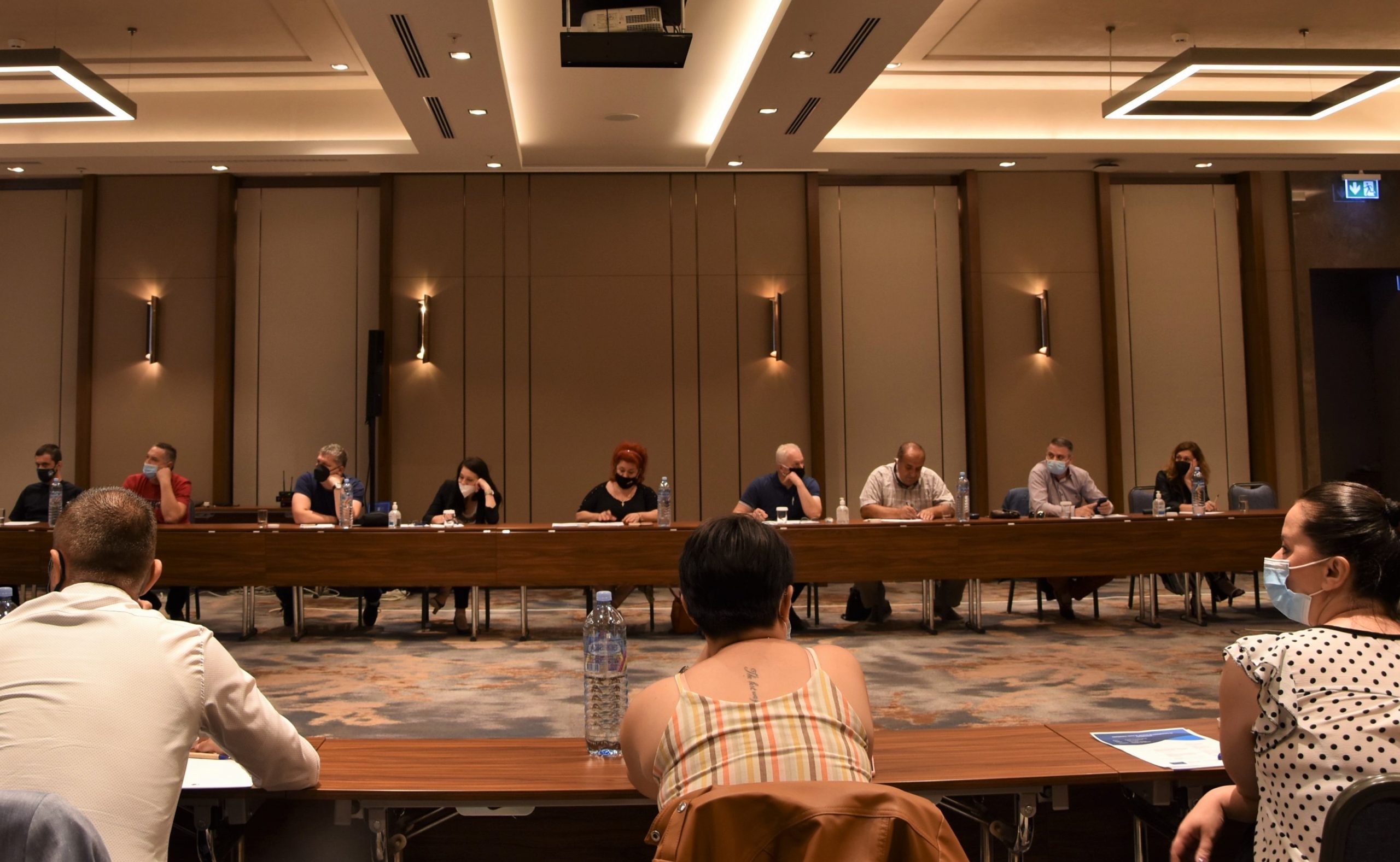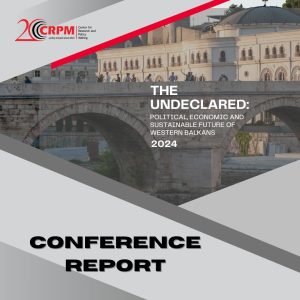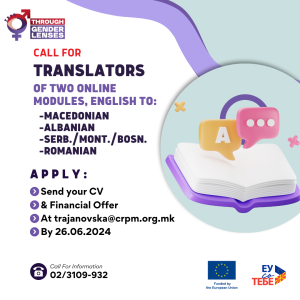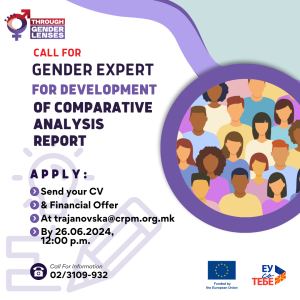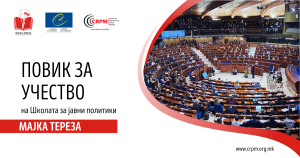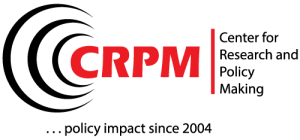- Study visit – In order to strengthen the knowledge on the European Works Councils, representatives of partner organizations and trade unions from each of the countries
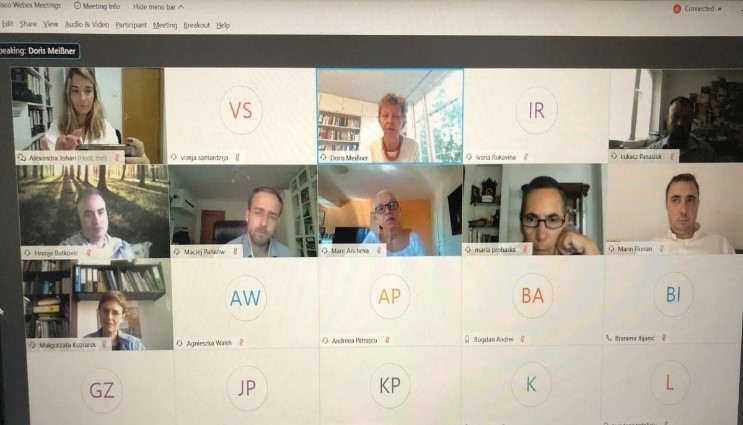 participated in a series of interesting and useful events in which significant discussions were opened with relevant lecturers. At the events the lecturers presented the in-depth and complex picture of the positioning of EWCs within the public and private enterprises in Germany, along with examples of their practical application, sharing good and bad practices so that participants could identify the challenges they are most likely to face in future. In the other sessions of the series of events for
participated in a series of interesting and useful events in which significant discussions were opened with relevant lecturers. At the events the lecturers presented the in-depth and complex picture of the positioning of EWCs within the public and private enterprises in Germany, along with examples of their practical application, sharing good and bad practices so that participants could identify the challenges they are most likely to face in future. In the other sessions of the series of events for 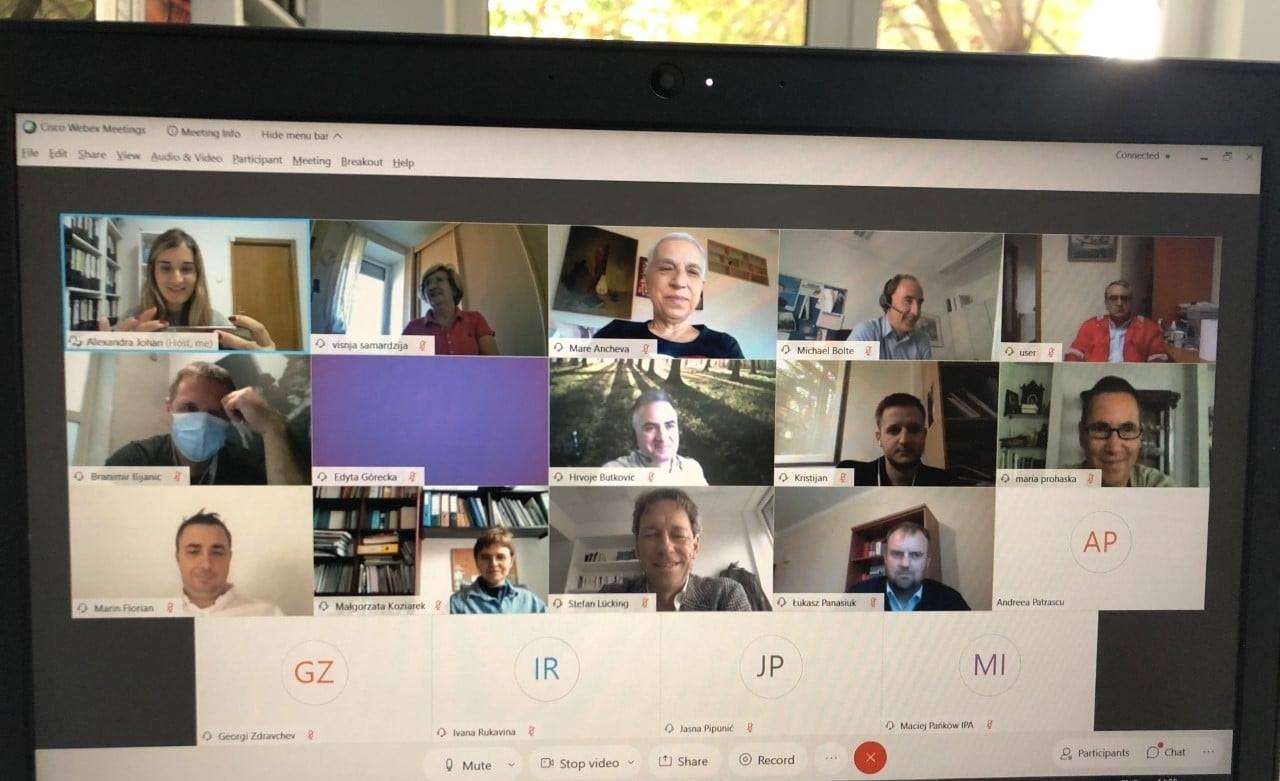 exchange of best practices with German experts, the participants noticed that an important factor for positive results from the existence of EWC in one company can be the human skills for communication, bargaining, negotiation and advocacy i.e., the soft skills and the way to achieve good cooperation between the employees and representatives from the management are often even more useful tools than strict knowledge of law or business. Quality prepared staff for transnational advocacy is crucial for the good functioning of this instrument in our countries.
exchange of best practices with German experts, the participants noticed that an important factor for positive results from the existence of EWC in one company can be the human skills for communication, bargaining, negotiation and advocacy i.e., the soft skills and the way to achieve good cooperation between the employees and representatives from the management are often even more useful tools than strict knowledge of law or business. Quality prepared staff for transnational advocacy is crucial for the good functioning of this instrument in our countries.
Notice: Due to the restrictions on movement and travel in foreign countries that were introduced in the countries of the region as a result to the spread of the new coronavirus, the partner organizations organized the series of events for exchange of best practices online.
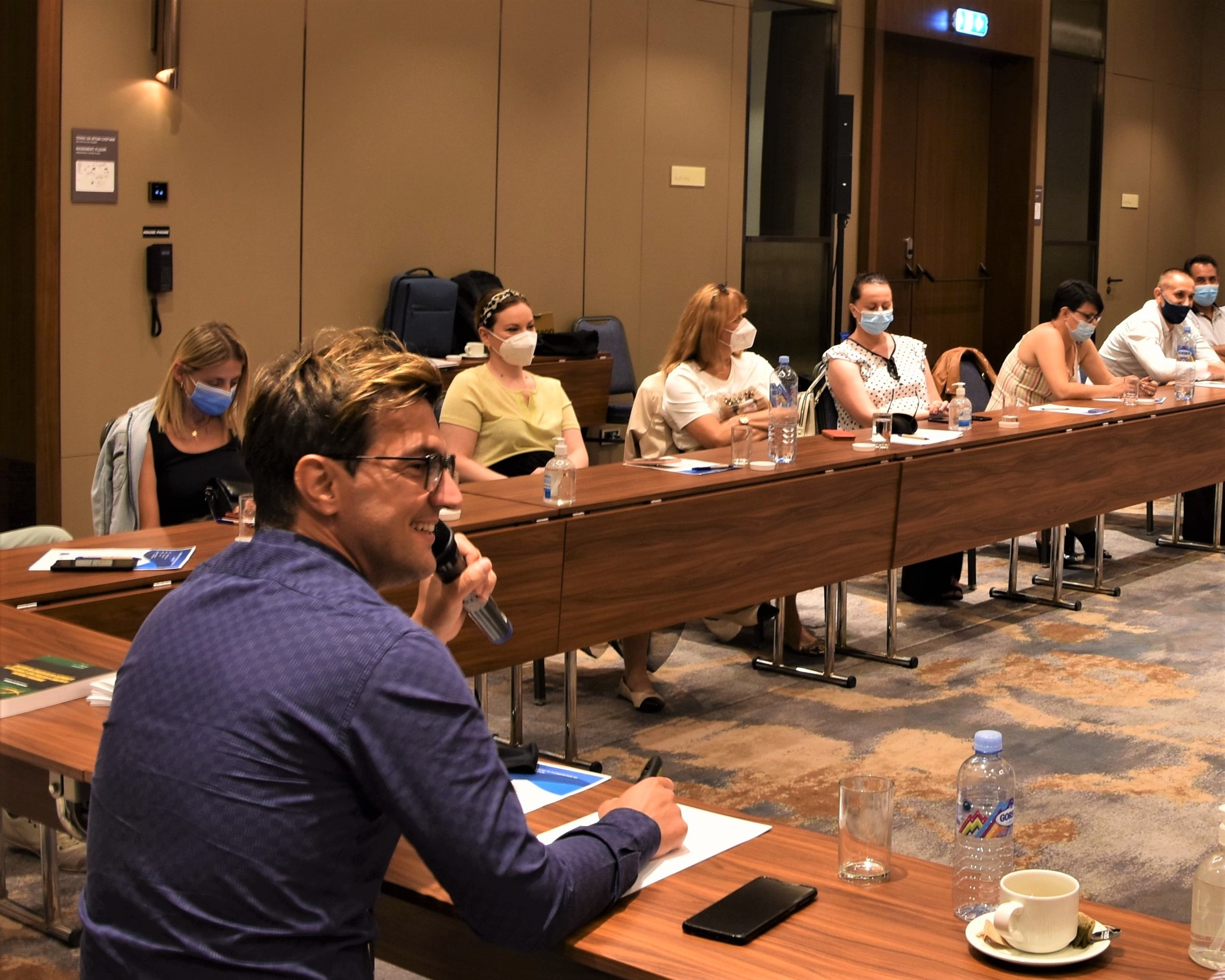 Training for strengthening the capacities of the trade unions – The Center for Research and Policy Making on 19.07.2021 organized a training dedicated to strengthening the capacities of the trade unions in the country. Participants had the opportunity to gain knowledge of European policies in the field of industrial relations and to be explained in detail the models for more active involvement of workers in the decision-making process and corporate governance. Emphasis was put on work councils, with reference to the experiences of European countries and European works councils (EWCs).
Training for strengthening the capacities of the trade unions – The Center for Research and Policy Making on 19.07.2021 organized a training dedicated to strengthening the capacities of the trade unions in the country. Participants had the opportunity to gain knowledge of European policies in the field of industrial relations and to be explained in detail the models for more active involvement of workers in the decision-making process and corporate governance. Emphasis was put on work councils, with reference to the experiences of European countries and European works councils (EWCs).
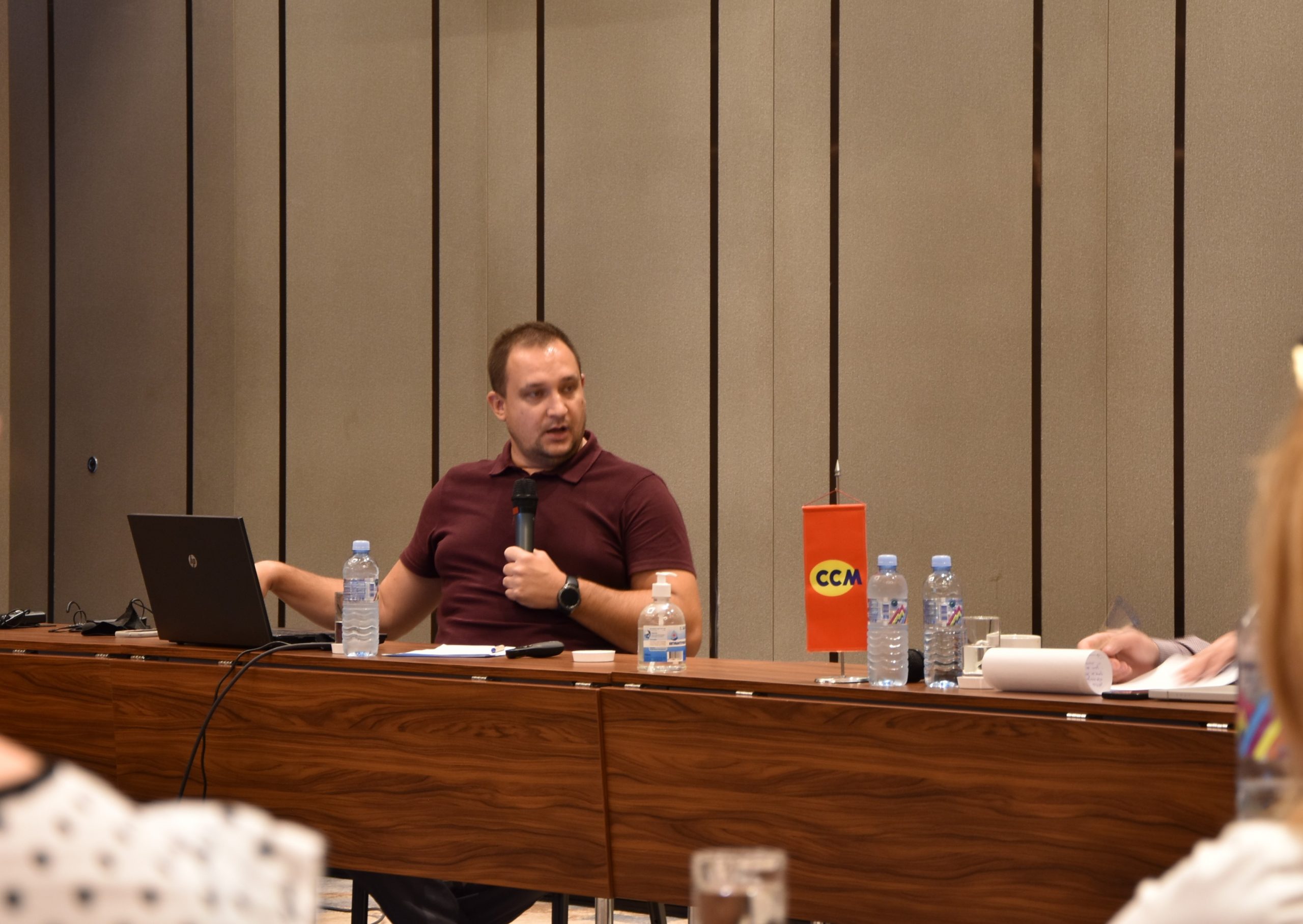 Part of the training was dedicated in providing guidance, advice and recommendations on how to fully apply the existing ways of informing and consulting employees and how to create opportunities for their more active participation in the management of the company, starting from the current legal framework.
Part of the training was dedicated in providing guidance, advice and recommendations on how to fully apply the existing ways of informing and consulting employees and how to create opportunities for their more active participation in the management of the company, starting from the current legal framework.
Lecturers at the training were prof. PhD. Lazar Jovevski and Slobodan Trendafilov.
